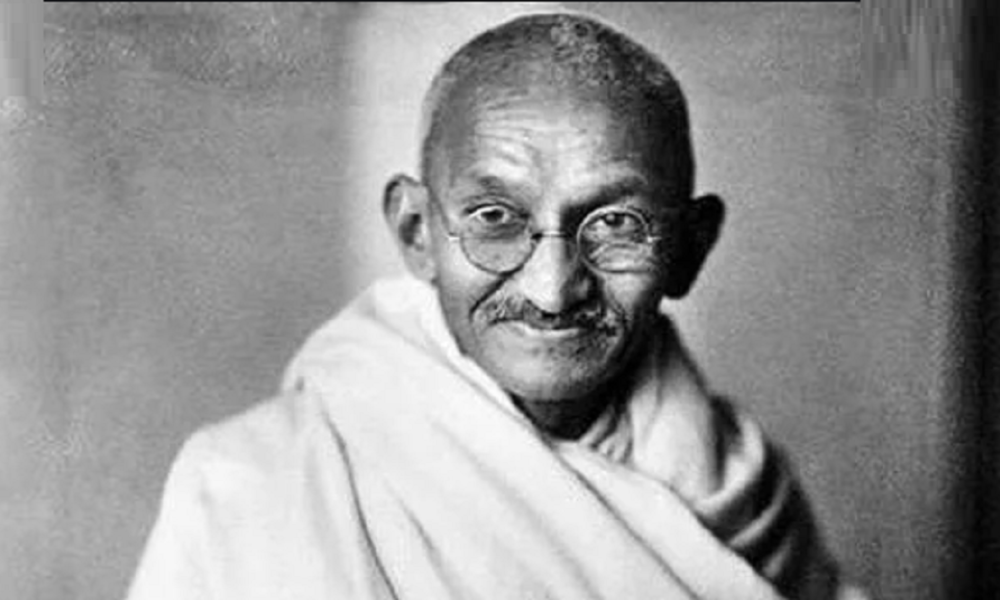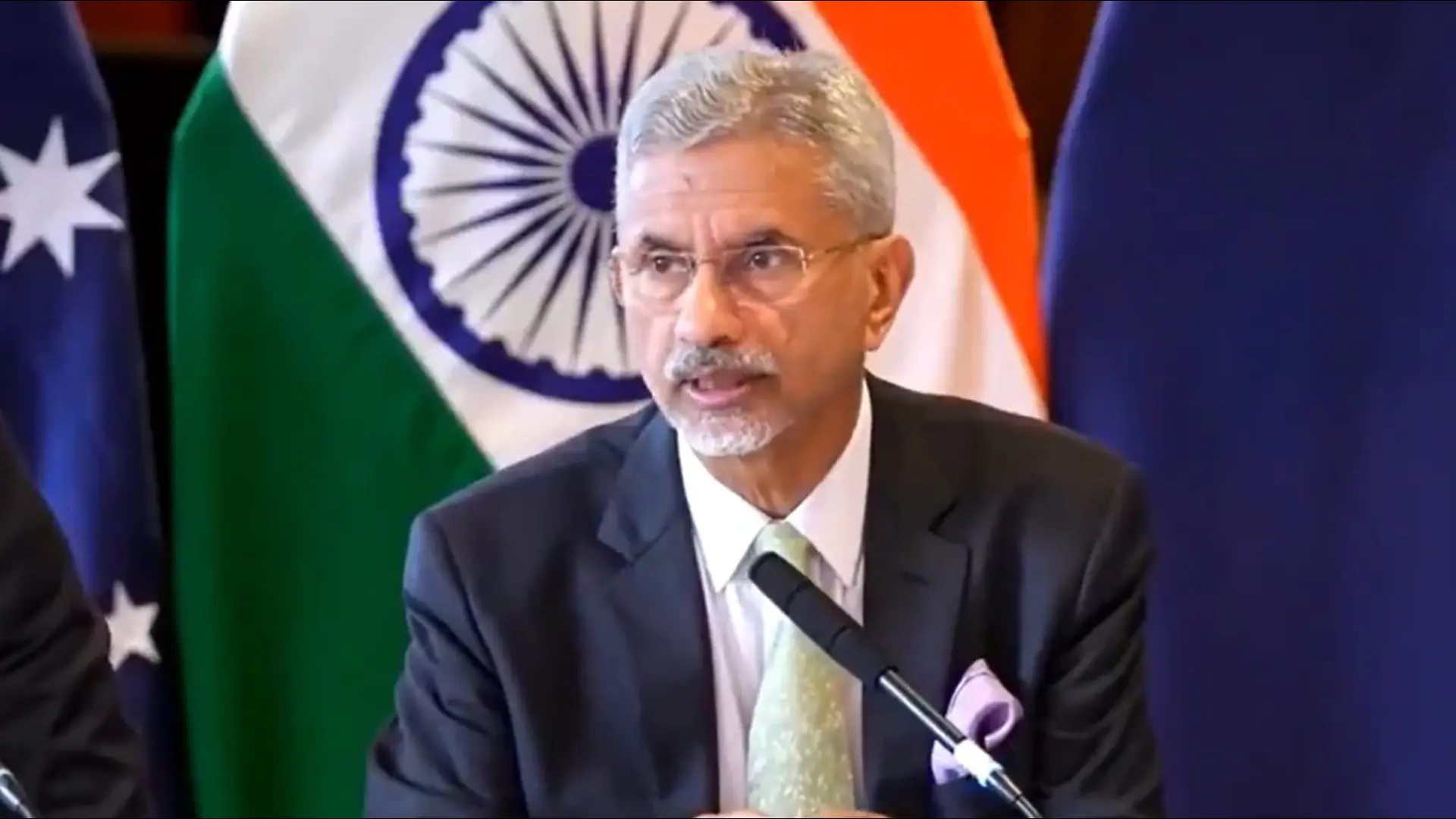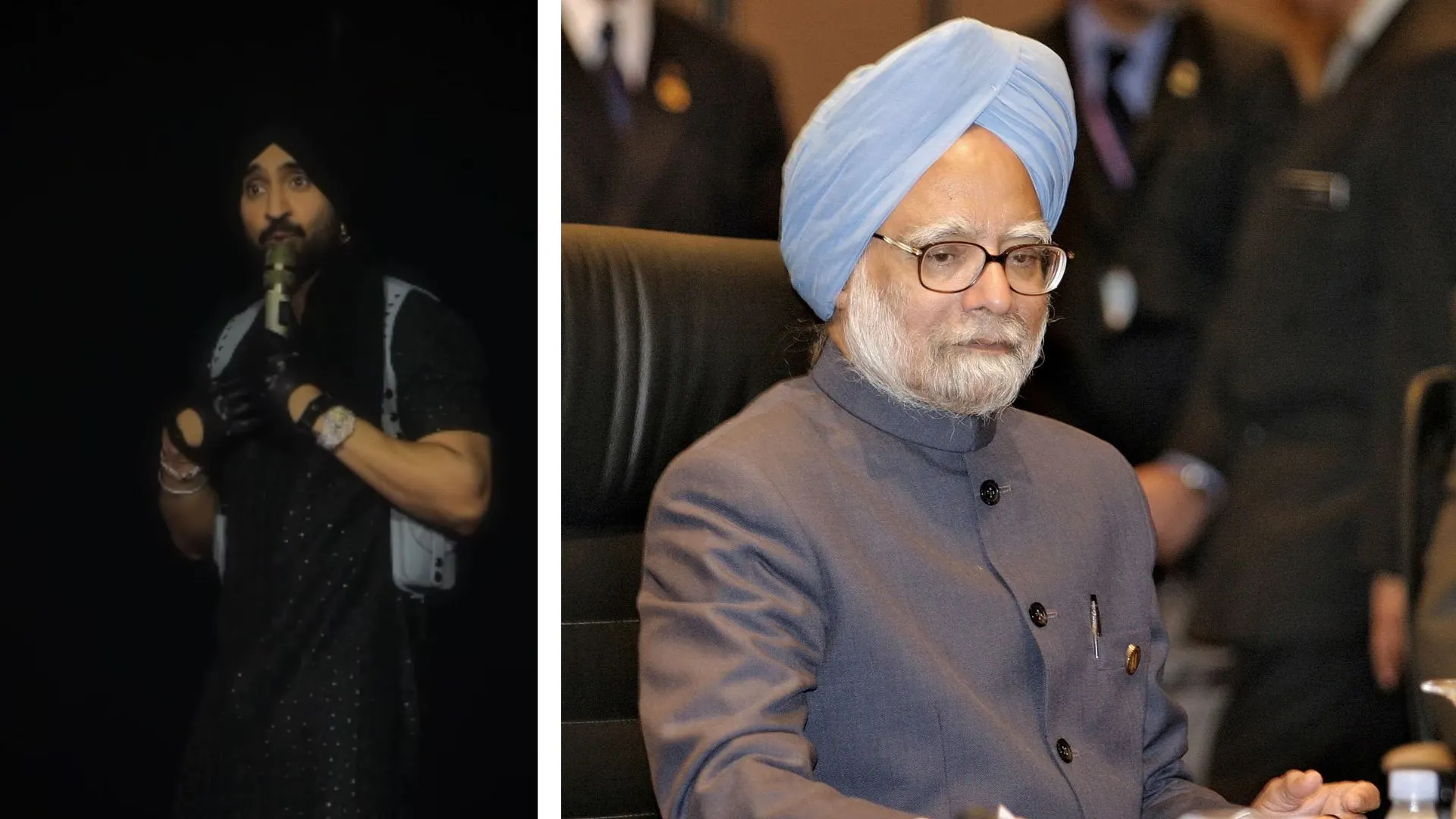Today ridiculing Gandhi’s ideas have become fashionable. His concept of non-violence is often mistakenly very narrowly interpreted. Non-violence was a very broad philosophy. It was not a passive philosophy. It was not an instrument of weak but rather of the brave. To him even nurturing evil ideas in our mind constituted violence. Even consuming beyond one’s means is violence. Gandhi said, “There is enough in this world to satisfy one need’s but not greed.” The present-day concept of sustainable development is nothing but reverberation of this Gandhian dictum, which focuses on preserving our natural resources for our future generations.
On 2nd October India would be celebrating 151st anniversary of Mahatma Gandhi. The day is also celebrated as “International day for Non- Violence”. Mahatma Gandhi is a polarizing figure in many ways . He has his share of admirers and critiques. His critiques has labelled him with various colorful metaphors. He has been labelled as ‘an agent of capitalist and imperialist’, ‘a Hindu communalist in disguise’, ‘an agent of Muslims’ etc. His ideas have often being described as ‘obsolete, hackneyed, backward and rustic’. It has been often said that in this modern day world, where there is a vulgar display of wealth and materialism, Nations are madly running behind power, there is violence, hatred, xenophobia all around us. Gandhian ideas have no relevance.
Even before discussing the relevancy of his ideas in the twentieth first century. It is important to acknowledge the fact that one cannot recall a person who has inspired people across religions and across countries more than Mahatma Gandhi. Great leaders like Khan Abdul Gaffar khan (Frontier Gandhi), Nelson Mandela, Vinoda Bhave, Martin Luther king, Maulana Aad, Dalai Lama, Aung San Suu Kyi had themselves reiterated the role of Gandhian ideas on their lives.
Gandhi concept of Nonviolence could not be more relevant than in the present times. Realist paradigm for long have dominated international politics which states that International Politics is characterized by anarchy and in this anarchical situation states compete with each other for power, markets and influence. This makes war an in evident reality. To Gandhi war cannot be a means to solve any dispute. Infect to him war is just a outward manifestation of deeper contradictions like inequality, racism and greed (imperialism). Gandhi said that “eye for an eye approach would make the whole world blind”. This Gandhian dictum have proved to be true in the wake America forceful occupation of Iraq and attempt to forcibly supplant its own version of democracy. The experiment proved a disaster. Similarly India approach to uproot Naxalism via use of force also proved to be a failure.
Gandhi apart from being a social reformer was an astute politician. It was he who made Indian national movement truly a mass movement. He knew the grandeur of a common man. He deliberately took issues which affect the common man like ‘salt issue’ during his Civil Disobedience Movement. His strategy of non-violence struggle attracted people from every sect of life including women, old age people and even children to contribute towards national movement. Gandhi very well knew that in a violent struggle these section couldn’t have contributed to the freedom struggle.
This was the case before the advent of Mahatma in the Indian freedom struggle. Today ridiculing his ideas have become fashionable. His concept of Non-Violence is often mistakenly very narrowly interpreted. Non -violence was a very broad philosophy. It was not a passive philosophy. It was not an instrument of weak but rather of the brave. To him even nurturing evil ideas in our mind constituted violence. Even consuming beyond ones means is violence. Gandhi said that “there is enough in this world to satisfy one need’s but not greed”. The present day concept of sustainable development is nothing but reverberation of this Gandhian dictum, which focusses on preserving our natural resources for our future generations.
Gandhian concept of Trusteeship. Wherein Gandhi appealed to the moral conscience of the zamindars stating that they must consider the land owned by them as a ‘trust’ bestowed to them by God for the welfare of the humanity. Today we see many philanthropic movements led by billionaires like Bill Gates, Warren Buffet, who have voluntarily pledged utilization of part of their wealth for social causes like for providing education and health. These philanthropy movements are nothing but echoing of Gandhian ideas and their continued relevance.
Gandhian ideas on education were well ahead of their time. Our education system have been based on ‘rot learning’. This system was devised by the British’s to produce conformationist clerks devoid of any critical thinking. As contrary to it Gandhi ji outlined his education model in his newspaper called ‘ Harijan’ called as ‘Nayi Taleem’ . He also formed Hindustani Tablimi Sangh. His conception of Nayi Taleem was based on his experiments in South Africa, Sabarmati Ashram (Gujrat) and Sevagram (Maharashtra). The focal point of education must be the overall development of mind, body and soul. To him learning must be linked to vocational work. India’s national skill mission launched by our Prime Minister is nothing but a justification of an idea launched by our father of nation Mahatma Gandhi way back in 1937. The mission seeks to train over 40 million youths by 2022. This would help youth in earning their livelihood. Gandhi said ‘” education must be self-supporting”. Gandhi ideas couldn’t be more relevant than today when India is witnessing jobless growth and facing the worst unemployment crisis in this pandemic situation.
Gandhi was great votary of gender equality. It was he who brought women for the first time in the public sphere during the Non Cooperation movement. Gandhi successfully integrated anti-liquor movement with Non Cooperation Movement in the 1920’s. This brought a large number of women who were facing the brunt of their drunken husband in their day to day lives.
Gandhi remains more relevant than ever in today world. This power hungry consumerist world wherein people are running behind money and muscle power. His ideas on leading simple life, conserving natural resources, promoting small scale cottage industries, his views on social and economic equality, his ideas of truth and nonviolence, his emphasis on vocational education and gender equality are priceless gifts not only to our generation but also to the posterity as well.
Parth Sharma is Assistant Professor, School of Law, UPES, Dehradun.























